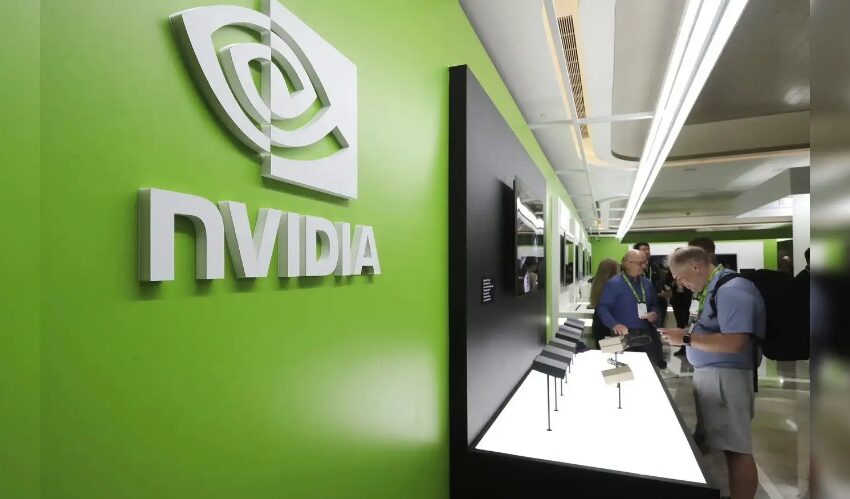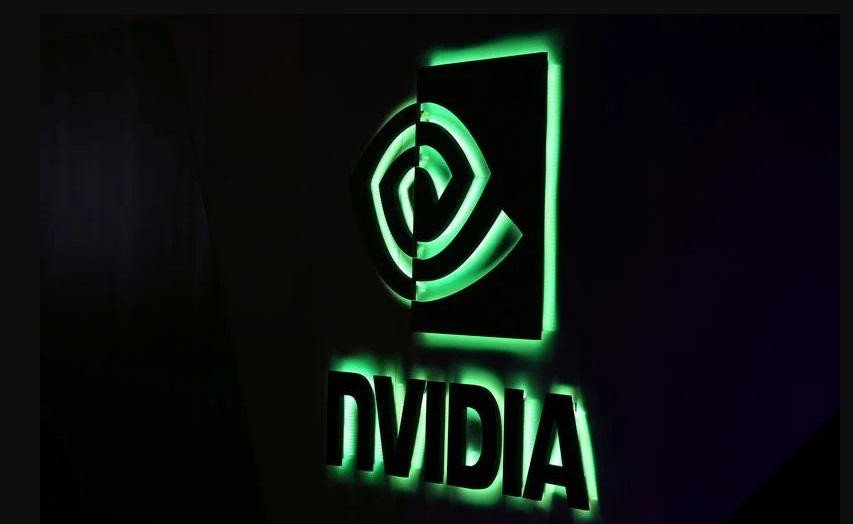
Chinese Tech Firms Gear Up for AI Future Without Nvidia: Report
China’s biggest technology companies have begun the long and difficult process of switching their development of artificial intelligence to homegrown chips, as they contend with a dwindling stockpile of Nvidia processors and tightening US export controls.
Alibaba, Tencent, and Baidu are among the companies now testing different types of chips to keep up with the growing demand for AI, both within their own businesses and from their customers, according to industry experts.
They have been forced to step up contingency planning as growing US-China trade tensions led Donald Trump’s administration last month to clamp down on sales of their preferred chip: Nvidia’s H20, a watered-down product tailored to comply with Joe Biden-era curbs.
The tightening of controls added urgency to Chinese tech groups’ moves, with their existing Nvidia stockpile only able to sustain AI development until around early next year, according to insiders with knowledge of the matter.
New chip orders typically take three to six months to be shipped, and it remains unclear when and whether Nvidia will be able to offer a new processor for China that is both compliant with Trump’s tougher export rules and competitive enough against local rivals.
Shen Dou, who leads Baidu’s AI cloud group, told analysts last week that the company has several chip options it can use instead of Nvidia’s, especially for tasks like inference processing, which involves solving problems using AI.
“We believe that over time, domestically developed self-sufficient chips, along with increasingly efficient homegrown software stacks, will jointly form a strong foundation for long-term innovation in China’s AI ecosystem,” Shen said.
“We are actively exploring diversified solutions to meet rising customer demand,” Alibaba chief Eddie Wu said on an earnings call earlier this month.
On another earnings call, Tencent president Martin Lau said his company was trying to be more efficient in how it used chips, while considering alternative products.
“We should have enough high-end chips to continue our training models for a few more generations going forward,” Lau told analysts, adding that Tencent could “potentially make use of other chips” to meet growing inference needs.
A think tank connected to China’s state security ministry said this month that although U.S. export restrictions have been tough, they’ve also led to a big push for local innovation in advanced AI chips, with Huawei’s Ascend chip series being a key example.
“Domestic entities in China have already begun large-scale procurement and use of Ascend chips,” the China Institutes of Contemporary International Relations said in a social media post.

So far, the biggest buyers of Huawei’s chips have been state-owned companies such as China Mobile and those in sensitive industries such as defence, healthcare or finance. Now, a much larger range of domestic tech companies are expected to compete for the Chinese national champion’s chips.
Those looking to Huawei as a possible alternative have remained largely quiet about testing its Ascend chips, after Washington issued guidance on export controls this month, warning that using them “anywhere in the world” could result in companies facing criminal penalties.
Analysts at GF Securities estimate Nvidia could start producing its next chips for export to China that are compliant with US export rules in early July.
The new processor, although based on Nvidia’s advanced Blackwell product, would not have high-bandwidth memory (HBM), a key component for speedy processing of large amounts of data, according to their report.
Certain key details, such as whether the new processors would have Nvidia’s high-speed interconnect NVLink, remain unclear.
In an analyst earnings call on Wednesday, Nvidia chief Jensen Huang said its options were limited as it thought about a new product for China. “We don’t have anything at the moment,” he said.
Tech groups face substantial costs if they decide to migrate their systems to domestic alternatives from Nvidia chips. Porting training code originally developed using Nvidia’s CUDA software framework to Huawei’s CANN is extremely time-consuming and often requires significant support from Huawei engineers for debugging and optimisation, among other issues.
One leading Chinese tech company executive estimated switching to Huawei would cause about three months of disruption in AI-related development.
Most companies are planning to use a mix of both: they’ll keep using Nvidia chips for training AI, while switching to local chips for inference tasks, which are in higher demand as more people in China start using AI.
While Huawei is seeking to increase production capacity at its partners and is launching its own fabrication plant, supplies are not meeting current demand.
Big tech companies are also testing chips from other Chinese makers like Cambricon and Hygon. At the same time, Baidu and Alibaba are creating their own chips to keep up with the growing demand.


